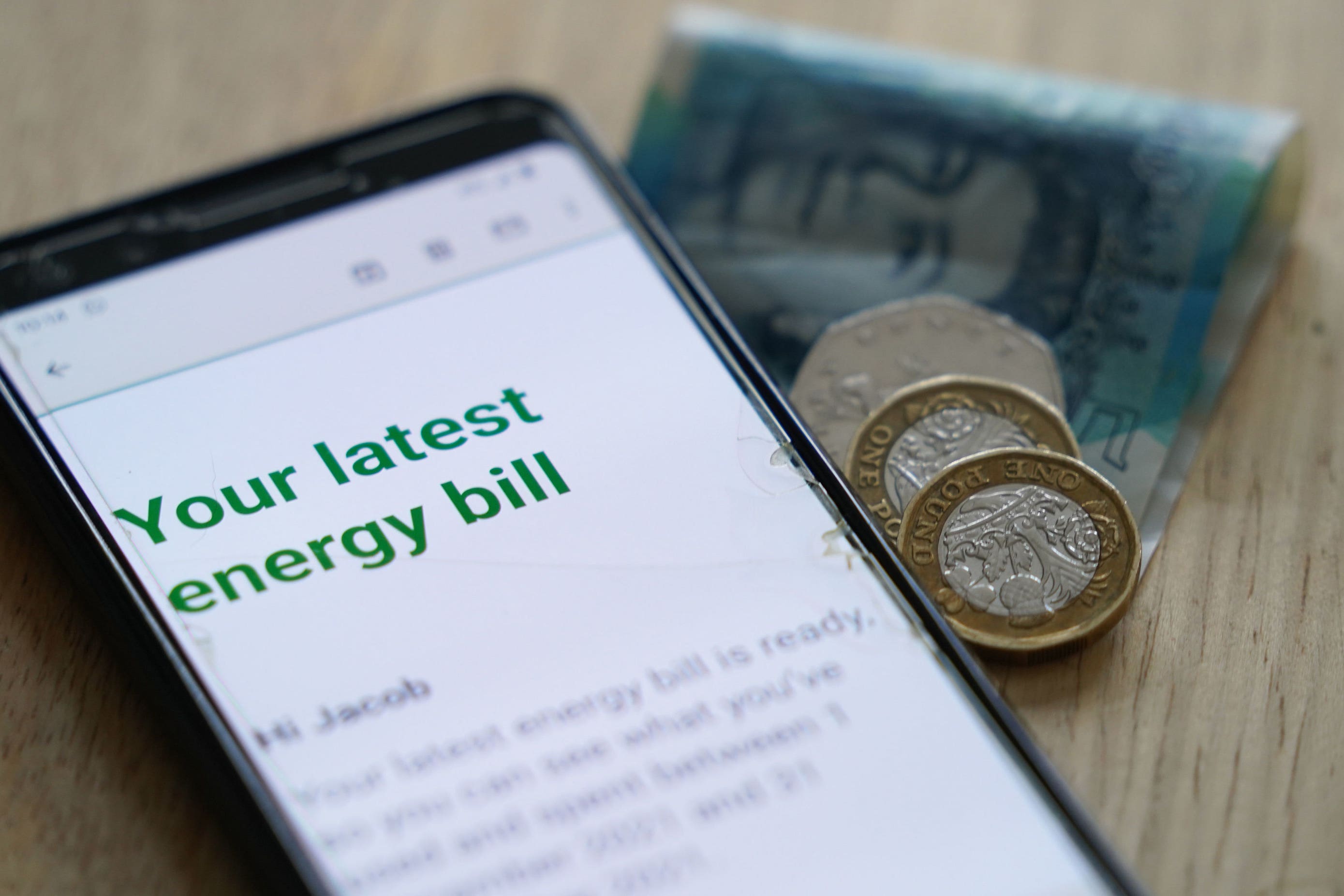UK inflation set to fall ‘dramatically’ as energy prices ease
A slowdown in gas and electricity inflation is expected to drive a drop in Consumer Prices Index inflation in October.

Your support helps us to tell the story
From reproductive rights to climate change to Big Tech, The Independent is on the ground when the story is developing. Whether it's investigating the financials of Elon Musk's pro-Trump PAC or producing our latest documentary, 'The A Word', which shines a light on the American women fighting for reproductive rights, we know how important it is to parse out the facts from the messaging.
At such a critical moment in US history, we need reporters on the ground. Your donation allows us to keep sending journalists to speak to both sides of the story.
The Independent is trusted by Americans across the entire political spectrum. And unlike many other quality news outlets, we choose not to lock Americans out of our reporting and analysis with paywalls. We believe quality journalism should be available to everyone, paid for by those who can afford it.
Your support makes all the difference.Price rises in the UK are set to have fallen sharply last month in an encouraging sign for the Prime Minister and his pledge to halve inflation by the end of the year.
A slowdown in gas and electricity inflation is expected to drive a drop in Consumer Prices Index (CPI) inflation in October, providing some relief for households being squeezed by the rising cost of living.
Official figures are predicted to show CPI inflation at 4.7% in October, down from 6.7% in September.
It would mark the lowest inflation rate for two years.
Rishi Sunak pledged to halve inflation to below 5.4% by the end of the year, meaning he is likely to meet the target unless official figures show a surprise jump in CPI.
Economists at Investec Economics said October’s slowdown “should not come as a huge surprise” because last year saw gas and electricity prices soar.
Energy bills were capped at £2,500 last year for the typical household.
This year, industry regulator Ofgem has capped bills at £1,834 for the typical household as prices have fallen.
“Even so, we would not underestimate the psychological effect on both policymakers and markets of a materially lower rate of inflation,” the Investec analysts said.
Sanjay Raja, an economist at Deutsche Bank agreed the UK inflation picture is likely to change “dramatically” in October thanks to the lower Ofgem energy price cap and slowing momentum of food and drink inflation.
In good news for households, last month marked the first time in two years that food and non-alcoholic drink prices were lower than the previous month.
Higher grocery costs have weighed more heavily on lower-income households, who typically spend a larger proportion of budgets on essential items.
Meanwhile, higher petrol and diesel prices have acted as an upward pull on inflation in recent months and could remain under pressure.
The Bank of England decided to keep UK interest rates unchanged at 5.25% earlier this month and said inflation has been slowing more rapidly than previously expected.
Policymakers at the Monetary Policy Committee (MPC) think CPI inflation will fall to 4.8% in October and remain around that level for the rest of the year.
But the MPC predicted inflation will stay higher for longer, not returning to its 2% target until the end of 2025.
On Tuesday, new figures from the Office for National Statistics revealed earnings are outstripping inflation at the fastest pace for two years.
Data showed wages rose by 1% after taking CPI into account in the three months to September, the highest increase in real wages since the three months to September 2021.